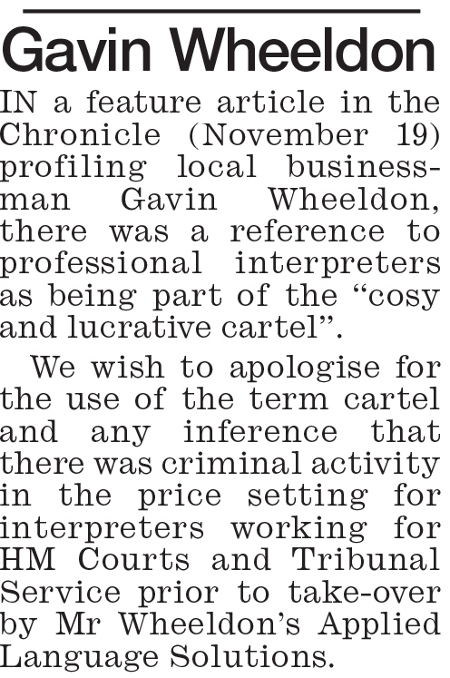Canonical forks Gnome Control Centre*
![]() Robert Ancell of Canonical, the company behind the popular Ubuntu Linux distribution, has announced on the Ubuntu desktop mailing list that Canonical is forking the Gnome Control Centre.
Robert Ancell of Canonical, the company behind the popular Ubuntu Linux distribution, has announced on the Ubuntu desktop mailing list that Canonical is forking the Gnome Control Centre.
Robert’s email is reproduced in full below.
Hi all,
Ubuntu makes use of a heavily patched gnome-control-center (61 patches) and we will in future move to the new Ubuntu System Settings [1] once we achieve convergence. We are already running an old version of gnome-control-center (3.6) and the value for Ubuntu in upgrading this is low since it would take a lot of work to update our changes. Running an old version until convergence blocks those who do use GNOME (i.e. Ubuntu GNOME).
For these reasons it has been discussed that we should fork gnome-control-center 3.6 for Unity into unity-control-center [2].
To be very clear, this is a fork with a limited lifespan. We don’t expect to make significant changes to it outside of stability and security fixes.
This change affects a number of packages, and I have attempted to find and fix all the side-effects (See bug 1257505 [3]). The proposed changes are in a PPA [4].
Please test this PPA and post any problems in the bug report. I’d like to land this change into the archive if there are no reasons to block it.
I also have a fork of gnome-settings-daemon for the same reasons which I am running successfully, I will do a similar call for testing when we have landed the control center changes.
Thanks,
–Robert[1] https://launchpad.net/ubuntu-system-settings
[2] https://launchpad.net/ubuntu-control-center
[3] https://bugs.launchpad.net/ubuntu/+source/gnome-control-center/+bug/1257505
[4] https://launchpad.net/~ubuntu-desktop/+archive/unity-control-center
* = Spelling in title and author’s text localised to EN-GB! 🙂

 There’s an open data meet-up taking place in central Bristol next month.
There’s an open data meet-up taking place in central Bristol next month.

 Italian regional health organisation
Italian regional health organisation 

